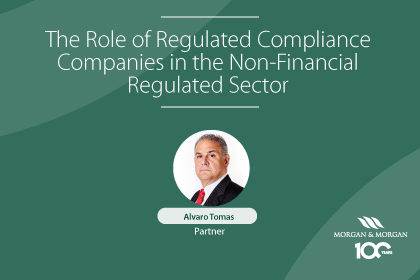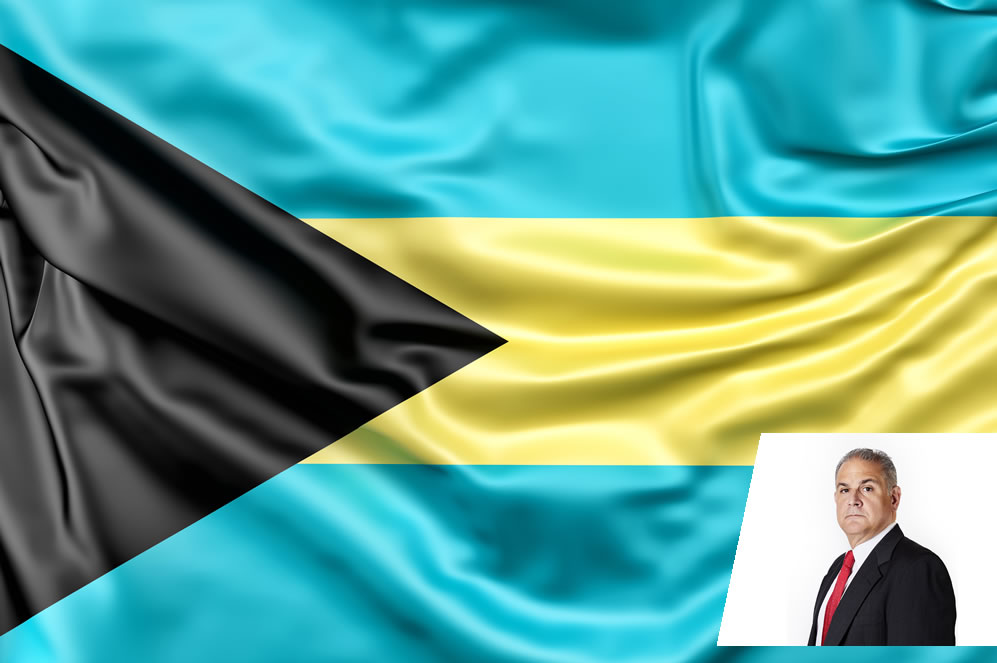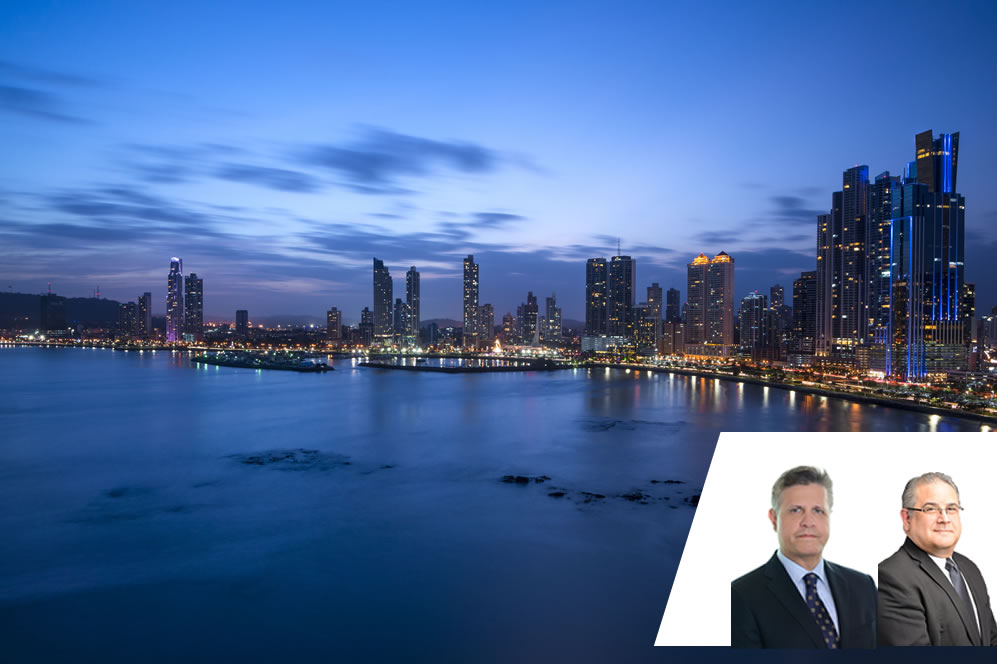The Role of Regulated Compliance Companies in the Non-Financial Regulated Sector
There are more than 35 compliance companies duly registered and regulated by the Panamanian Superintendence of Non-Financial Regulated Subjects. To help eradicate from our country the crimes of corruption, tax evasion and money laundering, to improve our international image as a financial center and to get out of the grey listings of the EU and
- Published in Corporate Services_news, Alvaro Tomas, Estate Planning_news, News
New Law on tax amnesty in Panama: corporations and private interest foundations
Alvaro Tomas, partner and Vice President of Operations of the Fiduciary Unit of Morgan & Morgan The Panamanian government has issued Law 99 of October 11, 2019, which establishes a General Tax Amnesty Law (“Amnesty”) that includes the elimination, for a limited period, of the penalties and surcharges caused by non-payment of the obligations with
- Published in 2019, Alvaro Tomas, Estate Planning_news, Press Room, Publications
Why Bahamas is the clear choice for financial and corporate services providers?
Alvaro Tomas, partner and Vice President of Operations of the Fiduciary Unit of Morgan & Morgan Morgan & Morgan opened its first offices in The Bahamas since 1991. We created MMG (Bahamas) Ltd. as a corporate service and later on, in 1996, founded MMG Bank & Trust Ltd., which started our financial unit´s successful path
- Published in 2018, Alvaro Tomas, News
The Republic of Panama: A Hub for Multinationals
Alvaro E. Tomas and Carlos Ernesto Gonzalez Ramirez, partners, Morgan & Morgan What has made corporate stalwarts such as Maersk (shipping), Procter & Gamble (consumer goods), LG (electronics), Caterpillar (construction equipment), CEMEX (construction materials) , Nike (sports equipment and apparel) and Heineken (breweries), just to name a few, choose to establish their headquarters in this
- Published in 2018, Alvaro Tomas, Press Room, Publications, startups_resources




